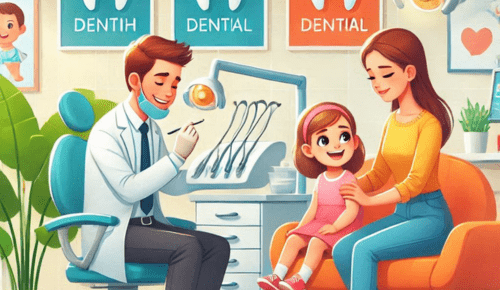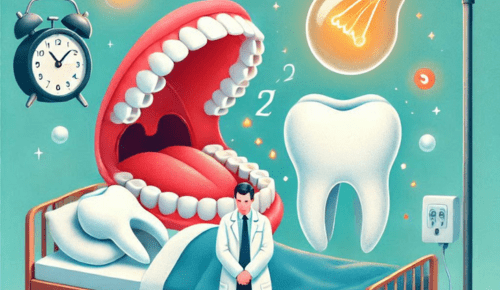Tobacco use, a habitual practice for millions worldwide, poses a significant threat to oral health. The introduction of tobacco can lead to a plethora of detrimental effects, including tooth decay, gum disease, and oral cancer. The harmful chemicals present in tobacco products can cause irreparable damage to the teeth, gums, and surrounding tissues, resulting in bad breath, stained teeth, and even tooth loss. Furthermore, tobacco use can lead to delayed healing, increased risk of dental work failure, and a heightened risk of oral infections. Quitting tobacco use is crucial to prevent these ill effects and maintain optimal oral health.
In this article, the dentist in Reno Nevada, and their team will focus on the negative consequences of tobacco use on oral health and some very useful tips to quit the habit.
How does tobacco use deteriorate oral health?
Tobacco use is a significant risk factor for oral health deterioration, leading to various problems, including:
- Tooth decay: Tobacco use increases the risk of tooth decay due to dry mouth, reduced saliva production, and increased acidity.
- Gum disease: Tobacco use is linked to an increased risk of gum disease, which can lead to swollen, red, and bleeding gums.
- Oral cancer: Tobacco use is the leading cause of oral cancer, accounting for 75% of all oral cancer cases.
- Tooth loss: Tobacco use can lead to tooth loss due to gum disease, tooth decay, and other oral health issues.
- Bad breath: Tobacco use can cause persistent bad breath due to dry mouth and gum disease.
- Stained teeth: Tobacco use can cause yellow or brown stains on teeth.
- Delayed healing: Tobacco use can delay healing after oral surgery or dental procedures.
- Increased risk of dental work failure: Tobacco use can increase the risk of dental work failure, such as dental implants or bridges.
- Gum recession: Tobacco use can cause gum recession, exposing roots and increasing sensitivity.
- Dental implant failure: Tobacco use can increase the risk of dental implant failure.
Quitting tobacco use can significantly improve oral health and reduce the risk of these problems. Regular dental check-ups and good oral hygiene practices can also help prevent and detect oral health issues early on.
What are some effective ways to quit tobacco?
Here is a comprehensive guide to effective ways that help quit Tobacco use:
- Set a quit date: Choose a specific date to quit tobacco use.
- Get support: Share your decision with friends and family, and consider joining a support group.
- Identify triggers: Be aware of situations that make you want to use tobacco.
- Find healthy alternatives: Replace tobacco use with healthier habits, like exercise or meditation.
- Use nicotine replacement therapy (NRT): Options like gum, lozenges, or patches can help manage withdrawal symptoms.
- Try non-nicotine prescription medications: Prescription medications like bupropion or varenicline can help reduce cravings.
- Gradually reduce tobacco use: Gradually decrease the amount of tobacco used before quitting.
- Stay hydrated: Drink plenty of water and healthy fluids to help flush out nicotine.
- Reward progress: Celebrate small milestones, like reaching a week without tobacco use.
- Be patient: Quitting tobacco use is a journey, and it may take time to overcome addiction.
Wrapping up
Tobacco use is a detrimental habit that poses a significant threat to oral health, leading to a range of issues including tooth decay, gum disease, and oral cancer. The risks associated with tobacco use far outweigh any perceived benefits, and quitting is essential to prevent these ill effects. Fortunately, with the right mindset and strategies, overcoming tobacco addiction is achievable. By taking control of your health and quitting tobacco use, you can safeguard your oral well-being, breathe easier, and live a longer, healthier life.





